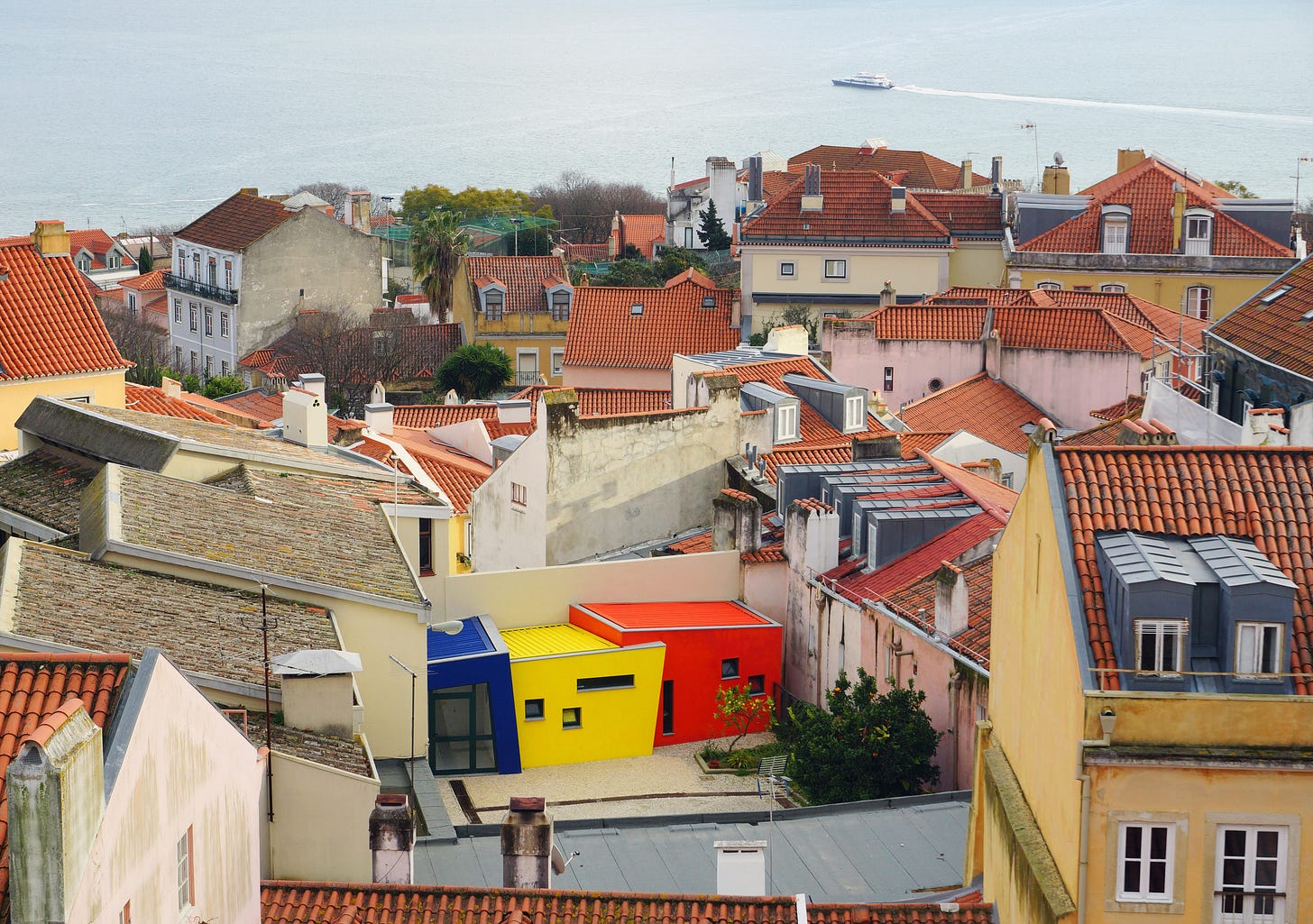House prices surge at fastest monthly rate in over a year
According to data from Confidencial Imobiliário, February saw the largest year-on-year increase since September 2023, with prices rising by 13.6%.

House prices in Portugal are rising at their fastest pace in over a year, driven by increased demand, slow construction rates, and falling mortgage interest rates.
According to data from Confidencial Imobiliário, February saw the largest year-on-year increase since September 2023, with prices rising by 13.6%.
Month-on-month, prices climbed by 2.1%, the highest monthly increase since December 2023.
Despite the rising costs, the number of completed transactions has also increased.
The majority of sales (87%) involve used homes, with the average price per square meter over the last three months reaching €2,634.
Analysts predict that prices will continue to rise throughout the year, albeit at a slower pace, as demand outstrips supply.
Five Key Factors Driving the Surge
Falling Interest Rates
The recent drop in mortgage interest rates has reignited demand, particularly among buyers who had postponed their purchases due to economic uncertainty. Ricardo Guimarães, an economist, notes that the market cooled during the period of rising rates, but transactions have picked up since the second quarter of 2023. Vera Gouveia Barros, a housing specialist, adds that interest rates are stabilizing at 2.5% to 3%, encouraging buyers to re-enter the market.Immigration
Portugal’s growing immigrant population, now exceeding half a million workers, is adding pressure to the housing market. The Brazilian community, in particular, is driving demand in secondary cities like Braga, where prices are rising sharply. Francisco Bacelar, vice-president of the Portuguese Real Estate Mediators Association (ASMIP), highlights that foreign demand, especially from Brazilians, has significantly impacted the market in recent years.Slow Construction Rates
Portugal faces a chronic shortage of new housing, with only around 30,000 new homes licensed annually—far below the level needed to meet demand. Even licensed projects often face delays, taking years to complete. Experts argue that reducing bureaucracy and lowering VAT on construction could help, but these measures remain stalled. Ricardo Guimarães warns that without such changes, many projects may remain on hold, exacerbating the supply crisis.Government Support for Young Buyers
Government initiatives, such as public guarantees for young buyers under 35 and exemptions from stamp duty, have also fueled demand. While some argue these measures are part of a natural market dynamic, others believe they are pushing prices higher. Vera Gouveia Barros explains that young buyers, now able to access 100% financing, may be willing to pay more, indirectly driving up prices.Investor Activity
International uncertainty has made Portuguese real estate an attractive option for investors seeking stable and profitable assets. Francisco Bacelar notes that investors are increasingly purchasing properties at the planning stage, further tightening supply. However, Leonardo Costa, an economist at Católica Porto Business School, warns of the risks of speculation, particularly in a market where many homes remain vacant despite high demand.
Lisboa and Beyond: A Growing Crisis
Lisbon remains one of the most affected areas, but secondary cities are also experiencing significant price hikes.
The combination of high demand, limited supply, and investor activity has created a perfect storm, leaving many Portuguese residents struggling to afford homes.
As the market continues to heat up, experts stress the need for targeted interventions to address the root causes of the crisis.
“Understanding the origin of the problem is crucial,” says Leonardo Costa.
“Only then can we implement effective solutions, including public policies, to stabilize the market.”
For now, the outlook remains clear: house prices in Portugal are set to keep rising, with no immediate relief in sight for buyers.



